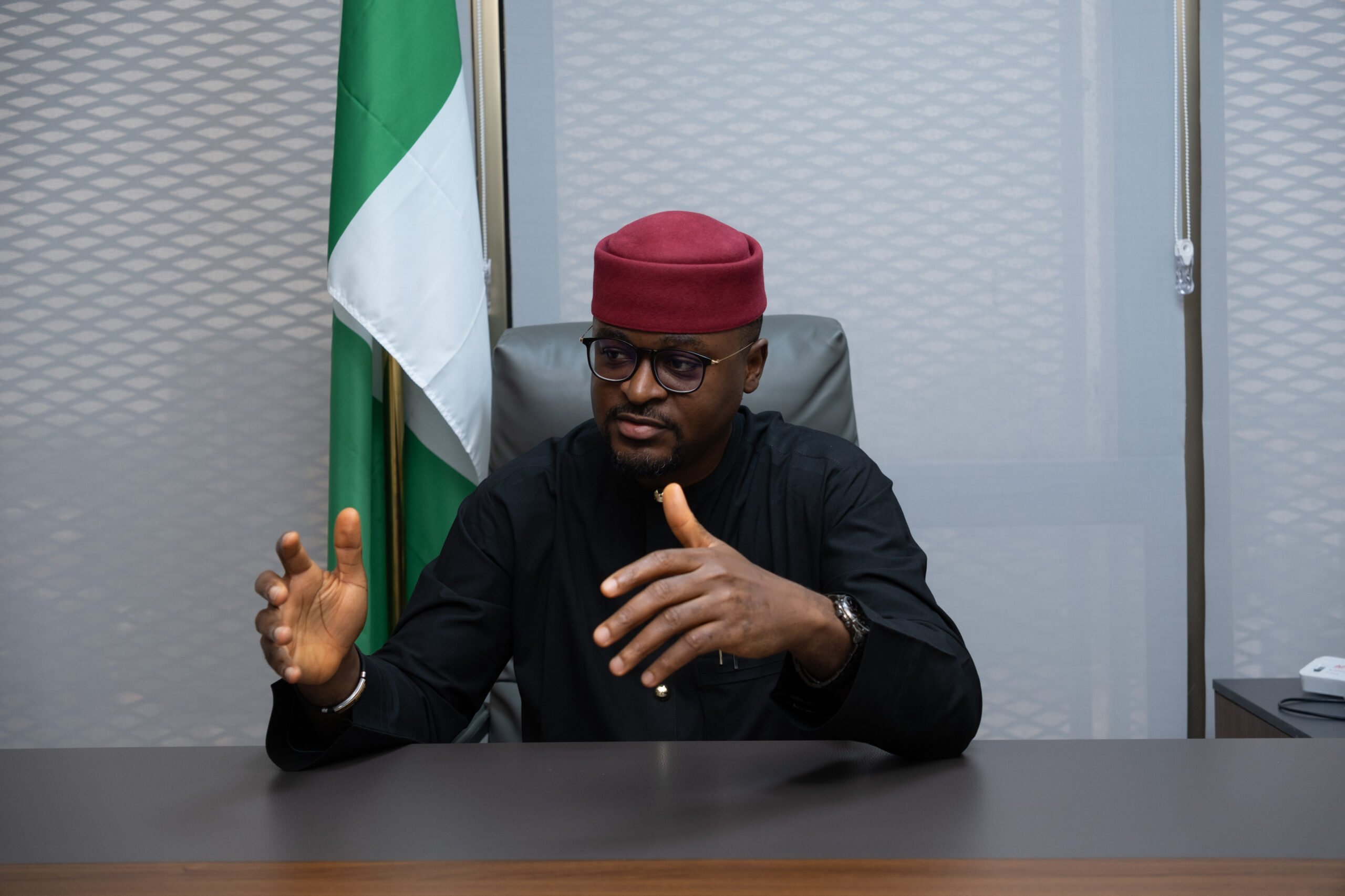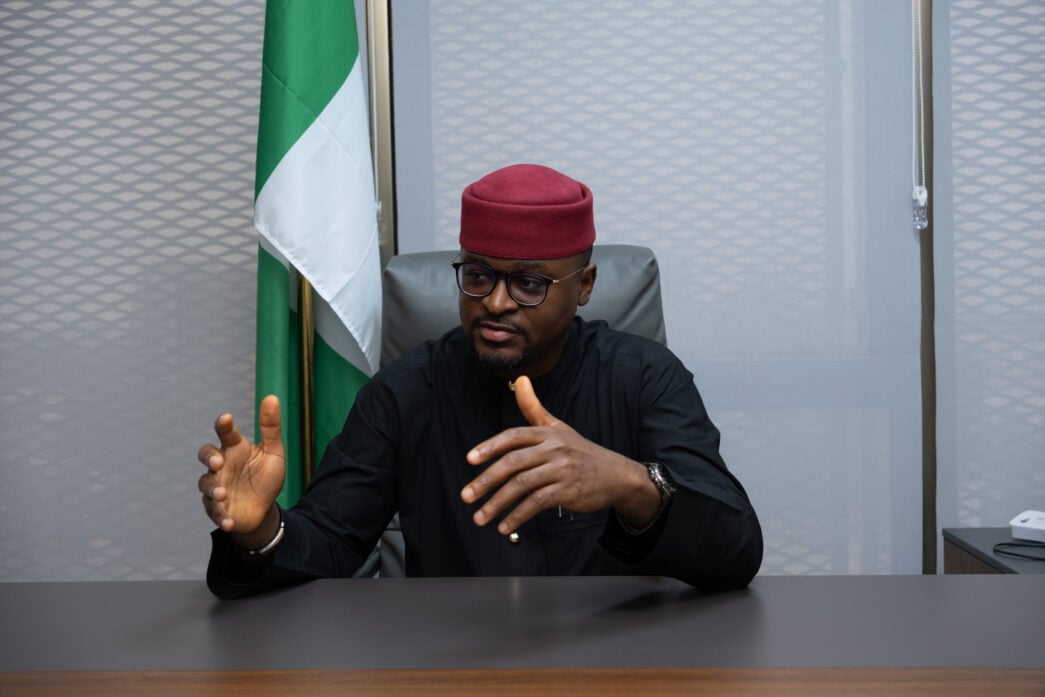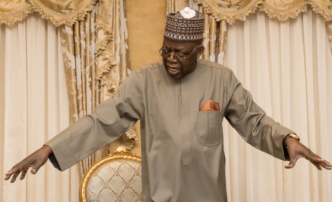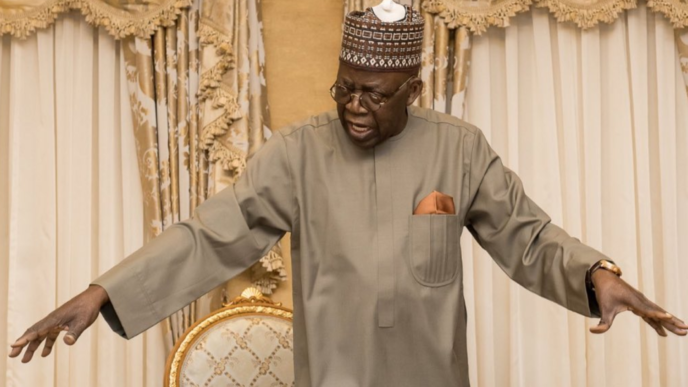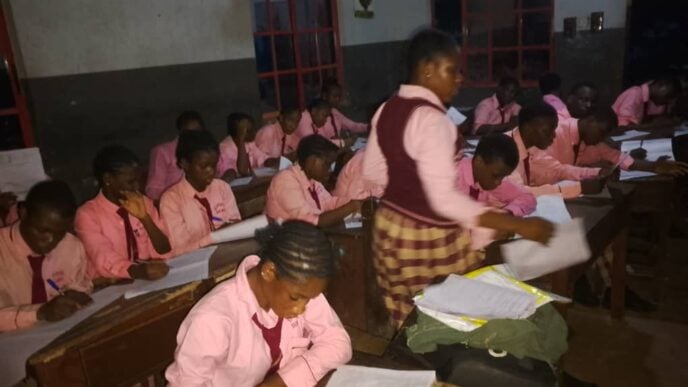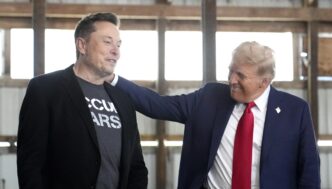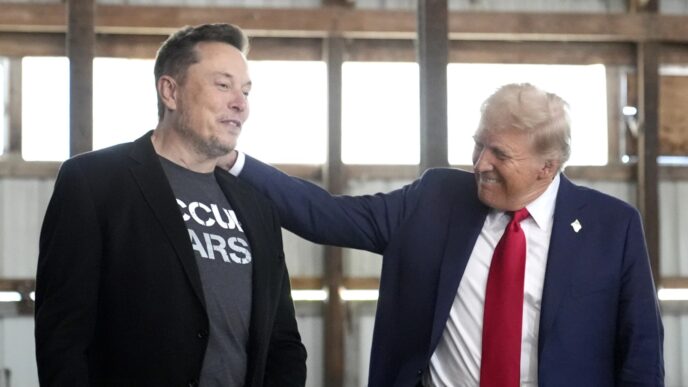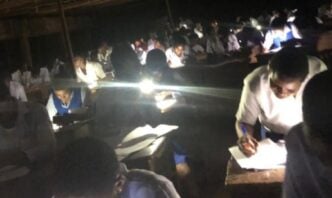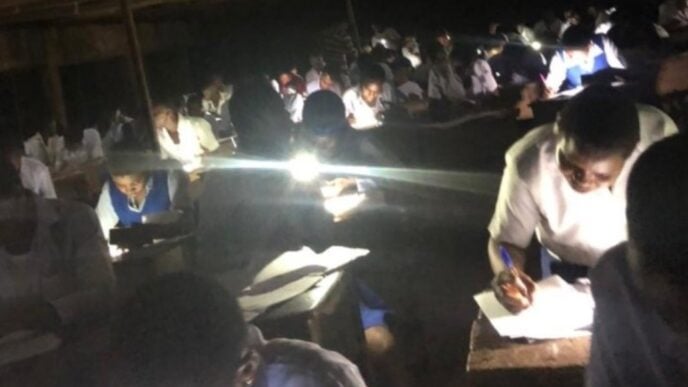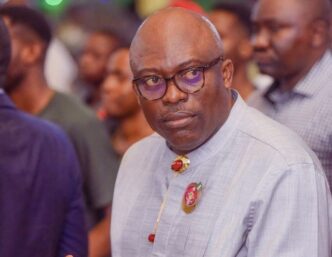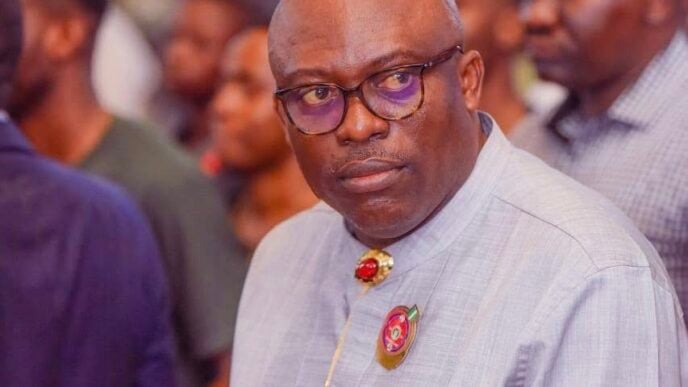Fredrick Nwabufo, senior special assistant to President Bola Tinubu on public engagement, on the mid-term scorecard of the administration. Nwabufo speaks with TheCable on the achievements of the Tinubu administration in the past two years. He says the president has delivered legacy leadership defined by robust reforms that have set the nation on a stable, propitious, and vibrant trajectory.
TheCable: Tell us a bit about your experience in government coming from this side of the aisle and going by your antecedents as a respected thought leader and voice in the media?
Nwabufo: My experience has been eventful. My heart will always bless President Bola Ahmed Tinubu for giving me the rare opportunity to serve. My gratitude to him is eternal. He is an exceptional leader and the most charismatic, forward-thinking, expansive, brilliant, and large-hearted President we have had in decades. Like I always say, he is the President for all Nigerians. We are blessed as a nation to have him.
TheCable: It has been two years of the Tinubu administration, and some may say nothing much has been achieved.
Advertisement
Nwabufo: It will be utterly wrong to suggest that. The Tinubu administration has not only renewed the hope of Nigerians; it has ensured that the harvests of good governance percolate to every Nigerian, whether Igbo, Hausa, or Yoruba. For the first time in aeons, we have a broad-based government with a national outlook. This speaks fundamentally about building national cohesion. Leadership is not only about brick and mortar. There are incorporeal aspects of leadership. The psychological. The people must know that the government cares and that it is for them regardless of who they are or where they worship. They need to have that sense of belonging.
On the brick and mortar aspect, I mean the tangibles; I will speak on the milestones in some key sectors. On the economy; the economy is rebounding, with inflation easing from 33.7 percent in April 2024 to 28.3 per cent in March 2025, and the nation recording a net foreign exchange reserve of $23 billion—the strongest position in over three years.
The President has reset the economy, putting it on the path of stability, growth, and bouyancy. For instance, real GDP grew 3.0% (YoY) in Q1 2024 to 3.19 %, 3.46%, and 3.84% respectively in Q2, Q3, and Q4. The actual GDP growth rate improved to 3.4% in 2024 from 2.74% in 2023. The actual nominal GDP for the year 2024 was N274.67 trillion, surpassing the projected target of N236.3 trillion by 16.3%. Also, the Federal Inland Revenue Service (FIRS) collected a record N21.66 trillion in 2024, achieving 111.6% of its revenue target, with non-oil taxes exceeding targets by 28% and contributing 73.4% of total revenue.
Advertisement
We posted $6.83 billion balance of payments surplus in 2024, a clear sign of economic resurgence, and our external reserves increased by $6.0 billion to $40.19 billion by year-end 2024.
We have a healthy balance sheet, and we meet our financial obligations, plugging leakages through digitisation and re-channelling these funds to critical sectors to stimulate the creation of jobs.
Another critical aspect is the programmes designed for working Nigerians and the youth. For instance, to facilitate credit access to Nigerians, discourage underhand practices, and engender a credit-based system, the President established the Nigerian Credit Corporation (CREDICORP). He also set up the Nigerian Education Loan Fund (NELFUND), in keeping with his campaign promise, to remove financial constraints to higher education for all Nigerian students.
There are a plethora of initiatives targeted at the youth because the President, as the father of the nation, understands that for us to see that glorious dawn, investments must be made in the youth today.
Advertisement
On security, the administration has remained firm and decisive against terror, degrading the combat capability of terrorists, insurgents, and violent extremists across the country. Multi-million-dollar investments have devoted to modernising the security architecture, there is an increase in defence and security budget; the release of over 10,000 victims of kidnapping in Zamfara, Sokoto, Kaduna, Katsina,
Taraba, Adamawa, and many other states have been secured; there is a drastic decline in terrorist attacks – the lowest in over a decade; there is the strengthening of physical security across oil-producing communities and security presence across vulnerable border communities firming-up protection in all parts of Nigeria.
With a combination of kinetic and non-kinetic measures, attacks in the South-East have been reduced by almost 75%. So, a lot has been done in this area.
TheCable: There have been concerns over shrinking democratic and civic space. The administration has been accused of state capture and of trying to foist a one-party state on the nation.
Advertisement
Nwabufo: That is ridiculous. President Tinubu is the most decorated democrat in our modern history. His democratic credentials are public knowledge.
Let me speak a bit about how he has strengthened democracy. Democracy is essentially about institutions.
Advertisement
In the past 24 months, President Tinubu’s administration has made deliberate and valiant efforts to strengthen democracy and promote good governance by championing institutional reforms, judicial independence, and electoral integrity. His administration has ensured a more independent judiciary, initiated reviews of the electoral framework, and advocated fiscal decentralization to empower sub-national governments to cope with emerging realities. With the appointment of reform-minded officials, President Tinubu has demonstrated a strong inclination for merit-based governance, while his reforms underscore the drive for improved transparency in public procurement, service delivery, rebuilding of trust in public institutions and deepening of democratic norms.
The Tinubu administration’s reforms on governance take a multidimensional approach, strengthening democratic institutions, ensuring judicial independence, electoral credibility, subnational empowerment, and anti-corruption enforcement. While closing implementation gaps is work in progress, especially as regards local government accountability, President Tinubu’s governance strategy demonstrates a long-term investment in institutional resilience.
Advertisement
TheCable: There seems to be more talk on the economy.
Nwabufo: The economy is pivotal. Every other thing revolves around it. But there is multi-sectoral transformation – across all sectors — agriculture, infrastructure, health, education, and the economy. Just name it. There are three newly-built cancer centres in Katsina, Enugu, and Edo. The development is not one-sided. It is all sides. Sectors-wide transformation.
Advertisement
TheCable: What should Nigerians expect in the next half of the administration?
Nwabufo: A more robust economy, a more secure country, improved infrastructure, more jobs, and of course, the percolation of macroeconomic gains to more Nigerians.
